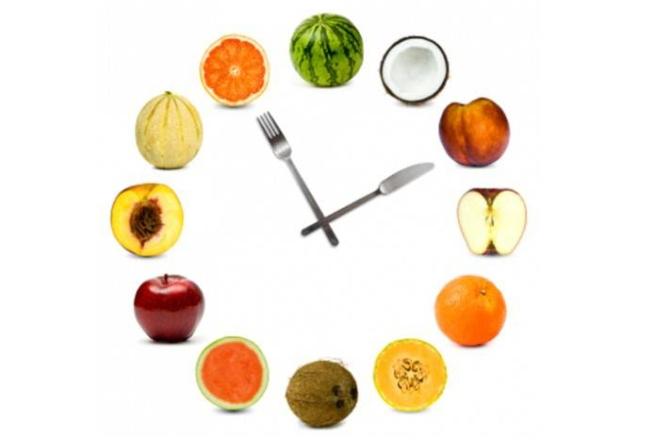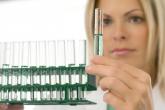The human body is in homeostasis, which means the stability of physical-chemical conditions, pH, temperature and osmotic pressure. Homeostasis defines the range of values, the extent of which the body works during the day, week, month, year. In the body there is no "stability", everything is subject of certain rhythms.
Organs are working, not to exceed certain standards (e.g. when blood glucose increases, insulin secretion is increased). Immunity to certain diseases occur in accordance with the circadian rhythm, the rhythm of the seasons, etc. The circadian rhythm is 24 hours (from 20 to 28 hours),in case of free running rhythms, that means that we?re subject of certain changes in a day without a set time limits. Maintaining circadian system is an inherited. The unborn fetus has the rhythm of the mother. After the birth up to 3 months, baby hasn?t go an individual rhythm, it is determined by the mother. After 3 months own rhythm of life appears in newborns, which involves the maturation of the various parts of the nervous system. The biological clock is subject to aging, resulting in a day reduction. It is connected with decrease of activity of sex hormones and the so-called temporary pacemaker aging (generating circadian system functioning. It is located directly above the optic chiasm). On the basis of circadian rhythms, we can determine the biological activity hours of the highest and lowest activity (favorable time for taking medication) of individual organs.
| Organ |
Hours of highest activity |
Hours of lowest activity (proper time for medicines intake) |
| Liver |
1-3 a.m.
|
13-15 (1 - 3 p.m.) |
| Lungs |
3-5 a.m. |
15-17 (3 - 5 p.m.) |
| Large intestine |
5-7 a.m. |
17-19 (5 - 7 p.m.) |
| Pancreas, spleen |
9-11 a.m. |
21-23 (9 - 1 p.m.) |
| Heart |
11-13 (11 a.m. - 1 p.m.)
|
23-1 (9 p.m. - 1 a.m.) |
| Small intestine |
13-15 (1 - 3 p.m.) |
1-3 a.m. |
| Urinary bladder |
15-17 (3 - 5 p.m.) |
3-5 a.m. |
| Kidneys |
17-19 (5 - 7 p.m.) |
5-7 a.m. |
| Cardiovascular system, reproductive functions |
19-21 (7 - 9 p.m.) |
7-9 a.m. |
| Heat production |
21-23 (9 - 11 p.m.) |
9-11 a.m. |
| Gallbladder |
21-1 (9 p.m. - 1 a.m.) |
11-13 (11 a.m. - 1 p.m.) |
The human body is in homeostasis, which means the stability of physical-chemical conditions, pH, temperature and osmotic pressure....



















